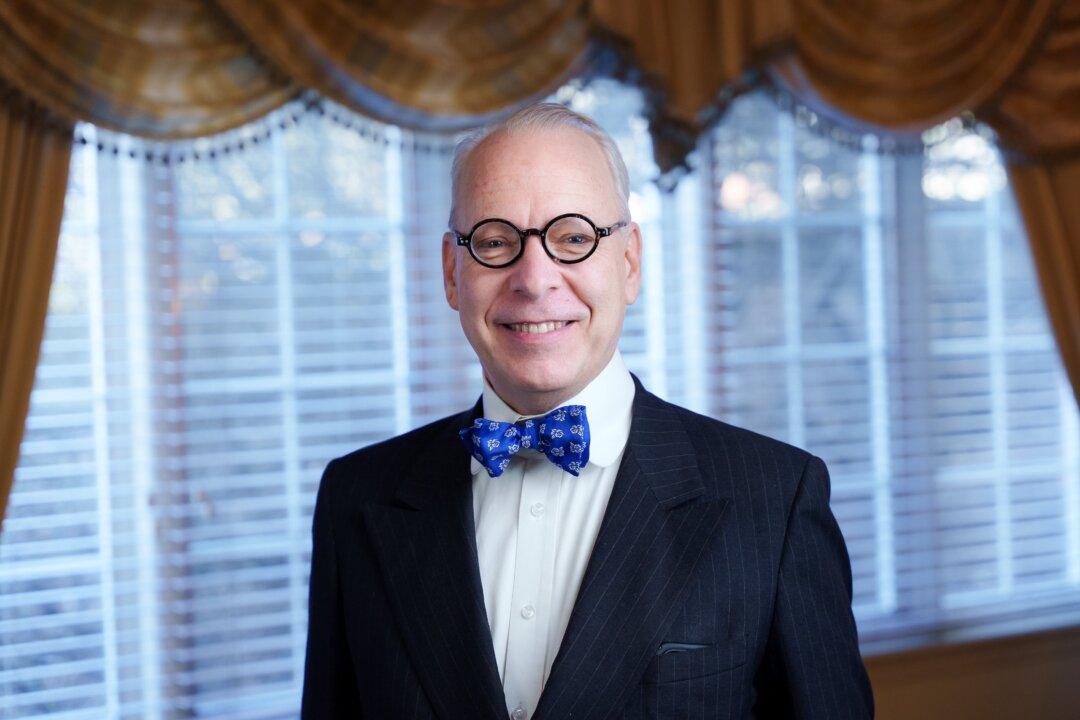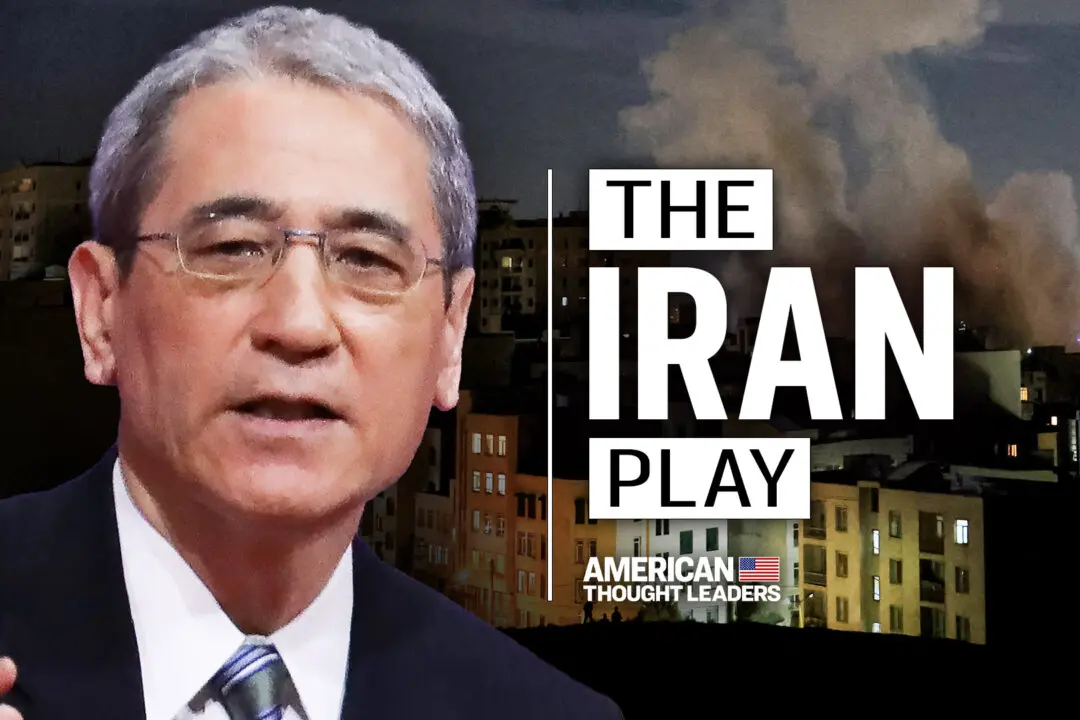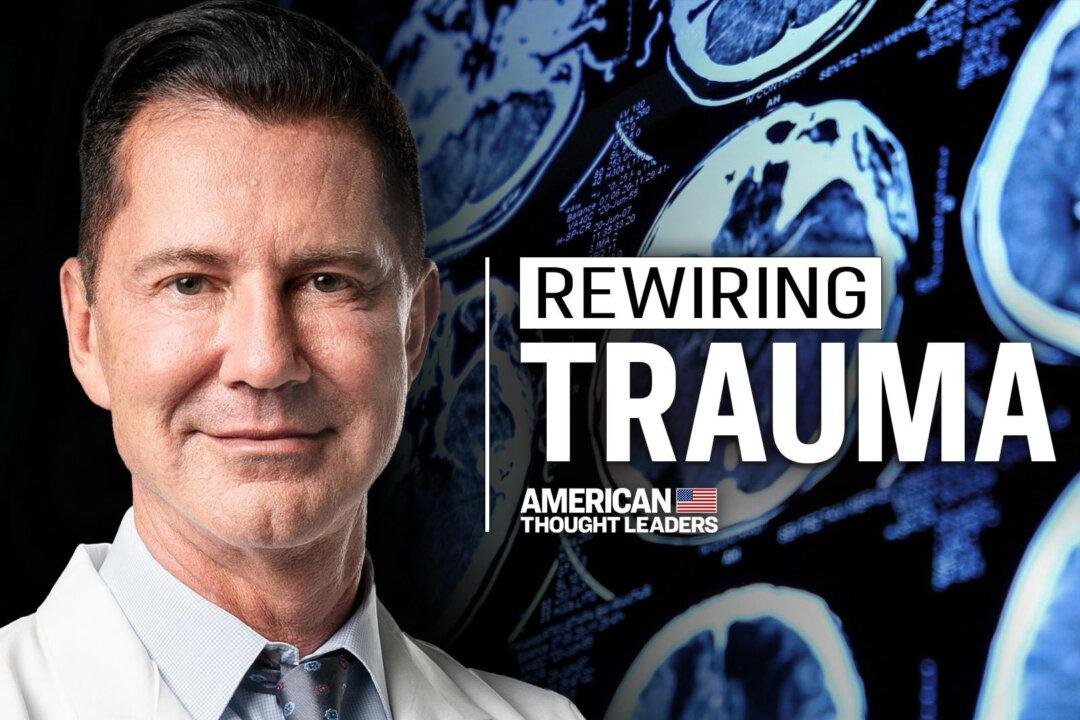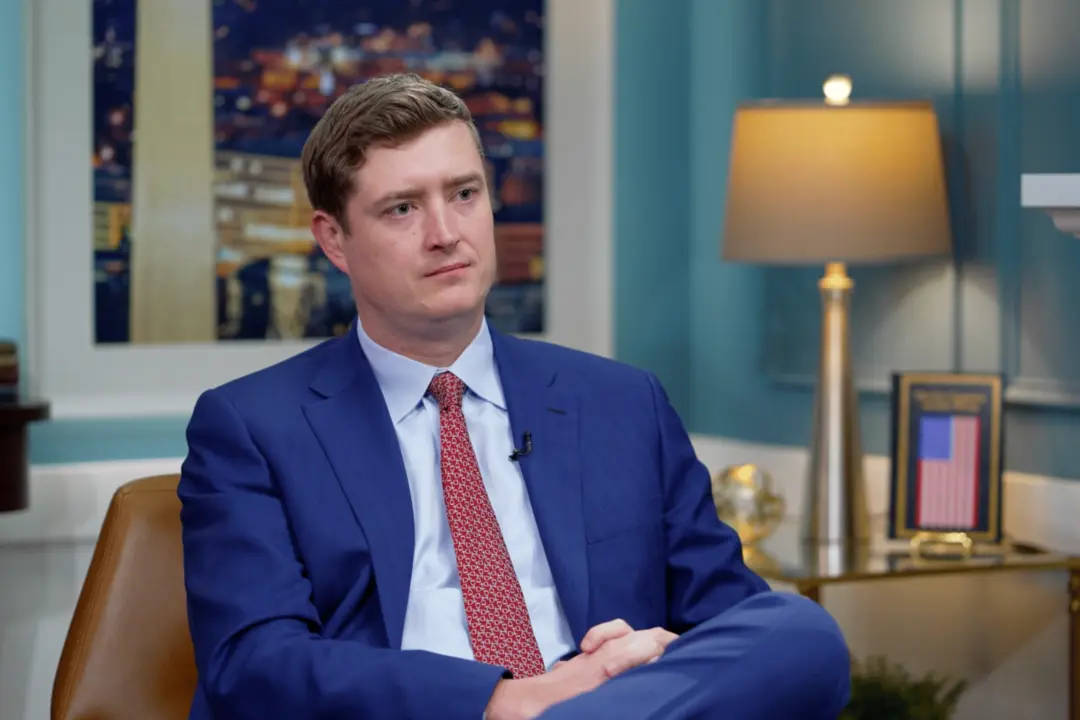“Woke ideology was heavily subsidized because of this fundamental economic dislocation that was built into the system starting in 2008. And now, 17 years later, the whole world’s gone insane because woke ideology has taken over corporate America and education,” says Jeffrey Tucker, founder and president of The Brownstone Institute and the senior economics columnist for The Epoch Times.
In a recent episode of “American Thought Leaders,” Tucker and host Jan Jekielek discuss how pandemic mitigation measures caused an economic disaster in which America’s institutional systems became a closed world of industrial privilege. They also discuss the Federal Reserve, interest rates, and the rise of vibrant, new institutions being founded across America.






